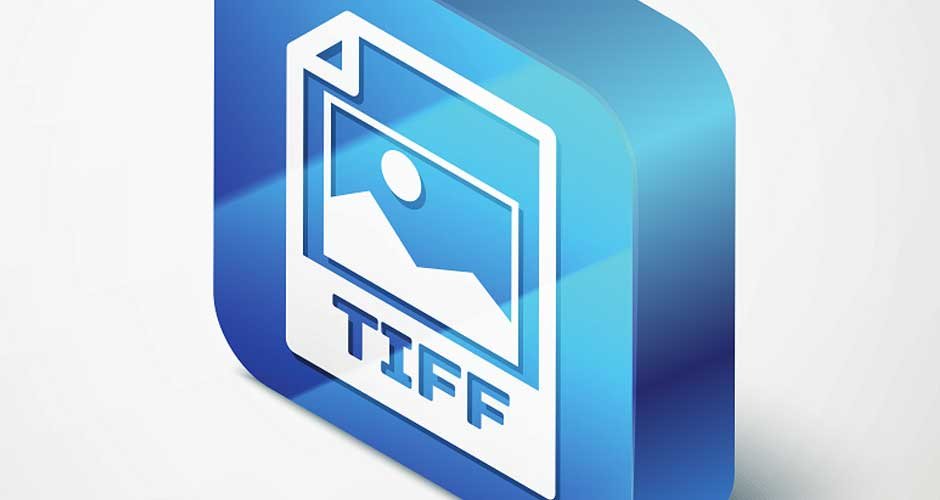When saving a graphic file we can ask ourselves what would be the best format to keep it. One option that sometimes goes unnoticed is the TIFF format, a format designed to store high-resolution images created in 1994. Even though it is almost 30 years old, this format is still favored by many people who work on image processing.
TIFF stands for Tagged Image File Format. It is a format that was designed in the mid-80s by the Aldus company to store high-resolution images using tags. At present, they belong to Adobe, which merged with Aldus in 1994. We can define it as a computer file format that has the function of storing bitmap images. It stands out in the graphic industry and in professional photography due to its great versatility.
What you need to know about TIFF files
As you know, TIFF files have lost some of their “flips”, at least as far as strictly digital cameras are concerned. About five years ago, a good part of the SLR cameras used it to store the snapshots we took with them; however, currently, virtually none use it in favor of the JPEG format.
One of the basic advantages of this format is that it is a lossless format. In other words, the document can be opened and closed as many times as you want so that it will remain totally unalterable. Furthermore, it can be compressed using several different algorithms without losing quality. The stability of quality is one of the reasons why many people switch to the TIFF format.
Advantages of using the TIFF format
Another advantage of this format is its implementation. And it is that TIFF files can be manipulated by practically any photo editing or design application on the market. Currently, they can be stored with layers, it is not necessary to use the PSD format for this.
The last revision of this format is number 6, which took place in the year 1992. There are also some extensions, with the annotations that Microsoft Imaging uses, but none can be considered standard.
Despite all its advantages, there are currently numerous image formats with more attractive features than TIFF. Nobody doubts that a JPEG can offer a result very similar to that of a compressed file without losing quality, that is, offering a much lower weight.
The evolution of technology can lead us to wonder about the usefulness of this format: Is TIFF an obsolete format? Do you still have functionality for creative professions? Is it deprecated? It is clear that its use has decreased, but the advantages that surround it make it a format to take into account. You can read more about image-saving formats in TIFF, JPEG, GIF, and PNG… Why save in one format or another? One thing is certain, the need to convert from one format to another is getting bigger. Especially concerning TIFF. Today you can find a TIFF to PDF converter with a just few clicks for example. That’s easy. There are many such converters, facilitating the need for people to switch from one format to another.
An outdated technology
Regardless, the once ingenious technology of Aldus has been beaten. Currently, we have at our disposal other image formats with more attractive characteristics than TIFF. The files stored in this last format are heavy, especially if they contain several layers, and their compression is not very efficient. There are options, like PSD, for example, that offer equivalent quality and much higher compression than TIFF.
Also, the compression techniques currently applied to JPEG files have been greatly refined. In fact, a JPEG can offer a finish close to that of a compressed file without loss of quality, but offering a much lower “weight”. Although, if we save the same file many times, the loss of quality will be increasingly noticeable.
What do you think? Do you think that the TIFF format is doomed to extinction? Do you still use it, or have you opted for other options, such as JPEG, RAW, DNG, or PSD, for example? Just tell us. Anyway, we hope this post was helpful. Thank you for reading and have a nice day!






